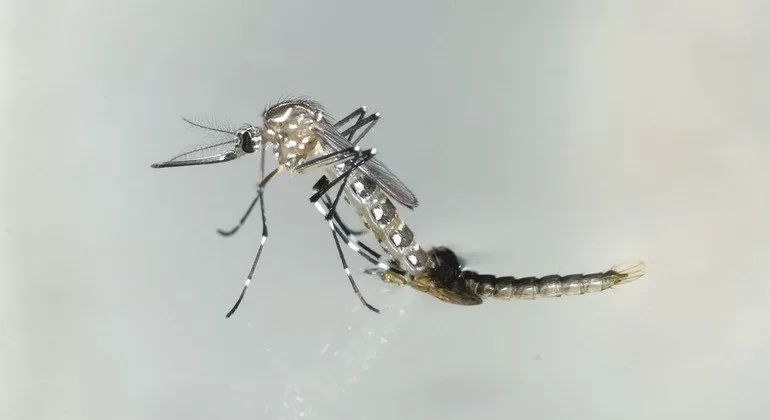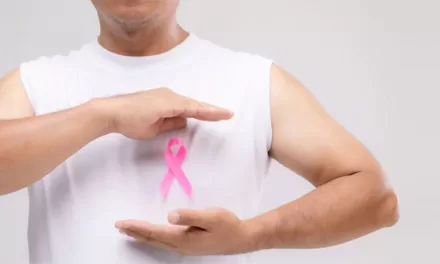As Paris prepares to host the 2024 Olympics, a recently published study highlights a significant health concern: the potential transmission of arboviruses by tiger mosquitoes. With the imminent influx of international visitors, understanding and mitigating this risk is crucial.
A Risky Summer?
Between January 1 and April 19, 2024, France recorded 1,679 imported cases of dengue, a 13-fold increase compared to the same period last year. The upcoming Olympics are expected to further escalate this number due to the mixing of populations, including people from countries where dengue and other arboviruses are endemic. This influx coincides with conditions conducive to mosquito proliferation, raising the risk of local transmission.
Transmission Delays
Researchers from the Pasteur Institute in Paris studied the transmission capabilities of Aedes albopictus, commonly known as the tiger mosquito, in the Île-de-France region. They examined how long it takes for these mosquitoes to transmit five arboviruses—West Nile, chikungunya, Usutu, Zika, and dengue—at an average temperature of 28°C, typical for the region during the summer Olympics. The study focused on the time required for these viruses to multiply within the mosquito and reach its salivary glands, making transmission to humans possible.
Results indicated that the incubation period for West Nile virus is three days, three to seven days for chikungunya and Usutu viruses, and a lengthy 14 to 21 days for dengue and Zika viruses. These findings are pivotal in shaping response strategies.
Why Is This Important?
The study’s insights are vital for assessing the additional risks posed by the Olympics and devising effective control measures. Dr. Anna-Bella Failloux, who led the research, emphasized the importance of timely intervention: “If a case of dengue is detected in the Île-de-France region, we now know that insecticide treatment must take place within 21 days. These results allow for the adjustment of the timing so that the approach is optimal.”
Healthcare professionals are urged to be particularly vigilant this summer, promptly detecting and reporting cases of these arboviruses to the Regional Health Agency. This enables targeted insecticide treatments. Additionally, travelers returning with symptoms like fever or body aches should consult their general practitioners and report their recent travel history.
France’s alert and monitoring system is robust, benefiting from the country’s experience with arboviruses in its overseas territories. While the current study focuses on Île-de-France, future research will encompass the entire mainland, considering variations in local temperatures and mosquito populations, which can affect incubation periods.
Conclusion
As the 2024 Olympics approach, the findings from this study underscore the need for proactive measures to mitigate the risk of arbovirus transmission. By understanding the transmission dynamics and implementing timely interventions, health authorities can better protect both residents and visitors during this global event.












